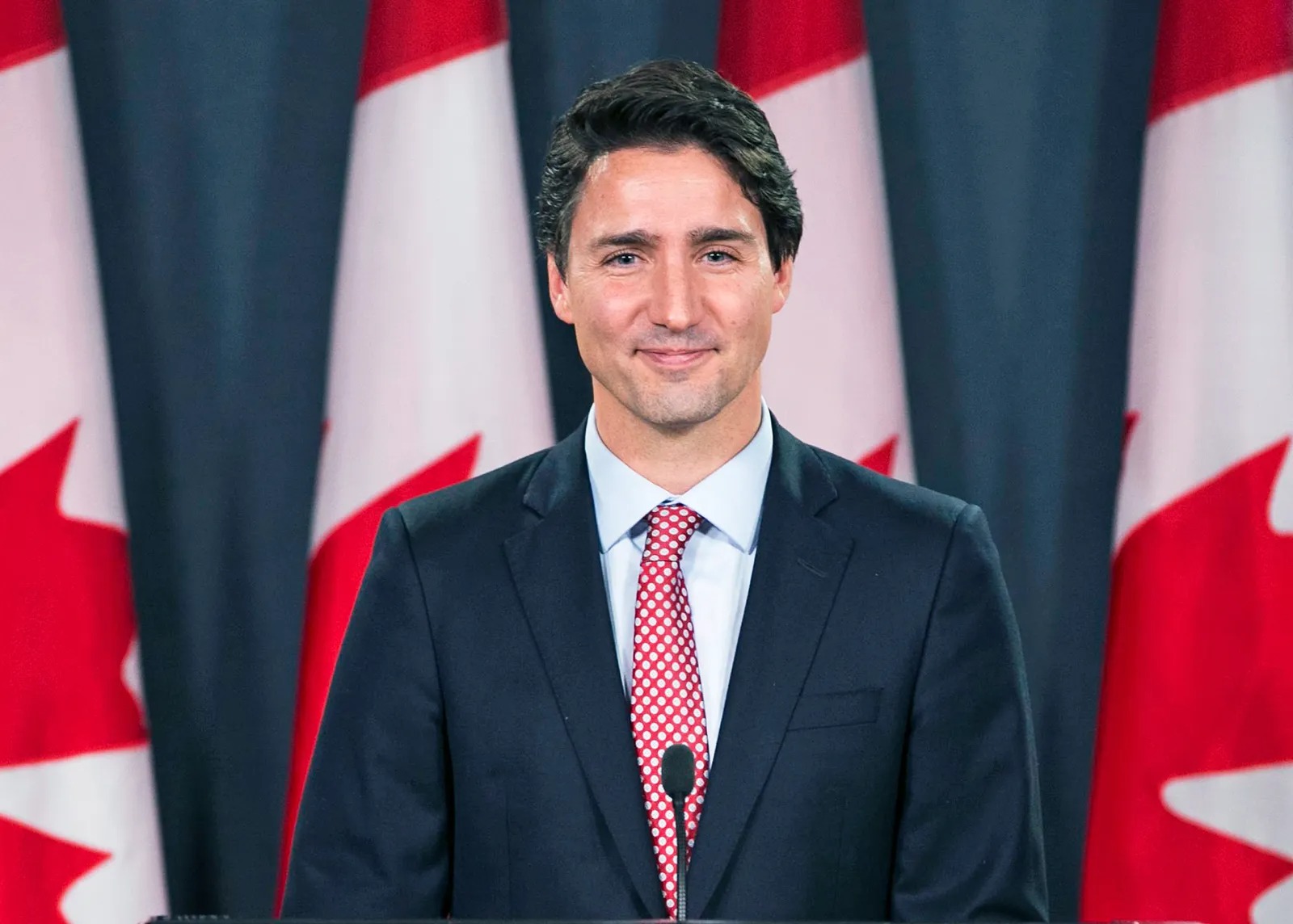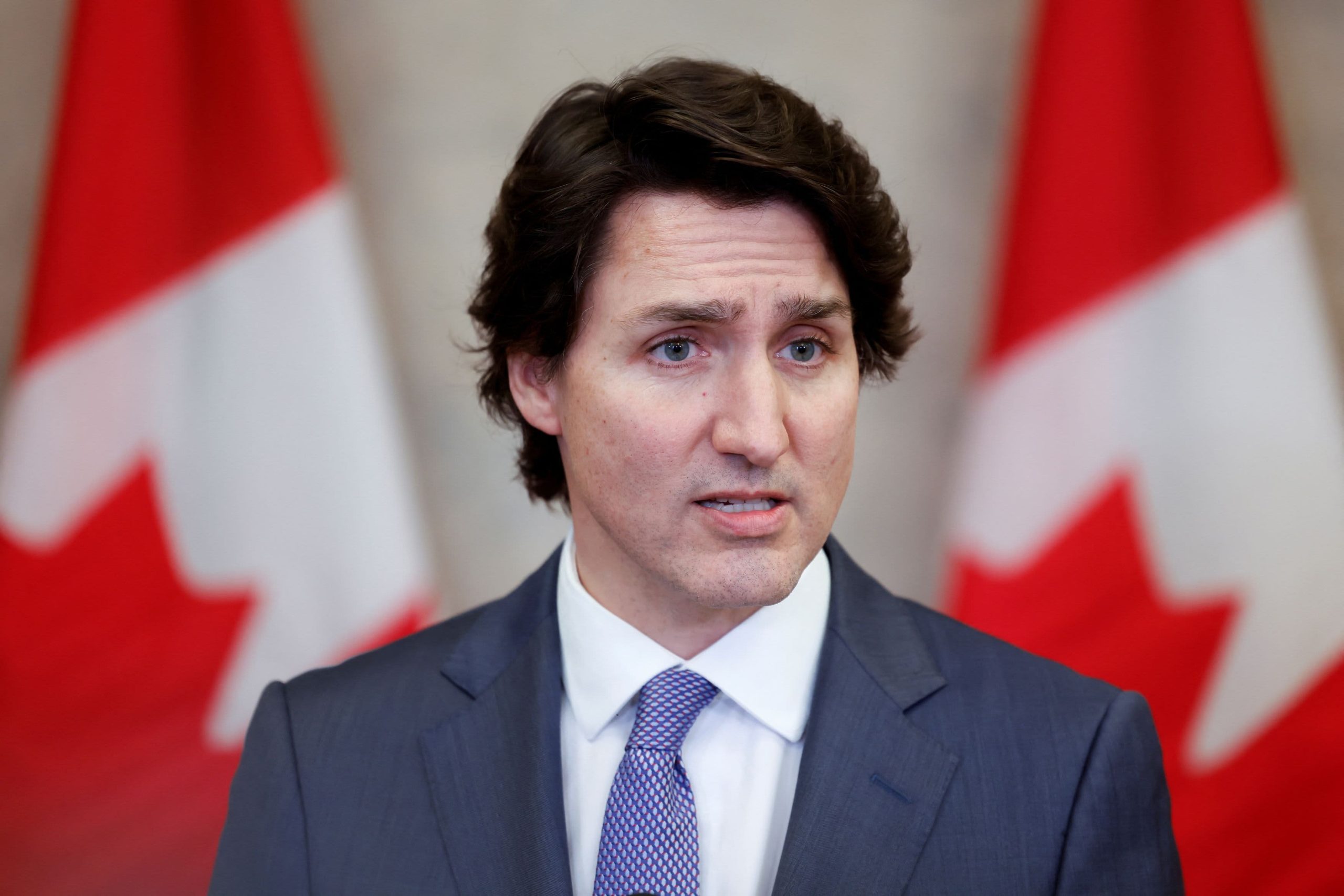The carbon tax in Canada is slated to increase to CA$85 per tonne from the current CA$65 per tonne, effective April 1, prompting opposition from premiers of seven provinces urging the Trudeau Government to pause or delay the hikes.
While Prime Minister Justin Trudeau has prioritized combating climate change since 2015, with measures like the Paris Agreement and legislation mandating a minimum price on greenhouse gas emissions, the impending tax increase has faced significant backlash.
The federal government has attempted to soften the blow of the carbon tax by promising tax rebates, claiming that eight out of ten Canadians will end up with more money in their pockets than they pay out.
However, recent opinion polls suggest widespread opposition to the tax increase, with only 15 percent of Canadians supporting the planned hike and a significant portion advocating for its scrapping or freezing.

Justin Trudeau (Credits: Britannica)
Critics of the carbon tax argue that it exacerbates Canadians’ affordability crisis, particularly amid rising costs of housing, groceries, heating, and fuel.
Many view it as contributing to inflation and financial strain, dubbing it a “tax on everything.” Despite Trudeau’s insistence on the benefits of the tax rebate, independent reports suggest that the net cost to households may be higher than anticipated, leading to further skepticism among the public.
Trudeau’s decision to proceed with the tax increase amidst mounting opposition poses a significant political dilemma. With his popularity waning due to ethical violations and scandals, the carbon tax could be a pivotal issue in shaping his legacy. However, poor communication from the Liberals has left many Canadians confused about the policy’s objectives and effectiveness.

Prime Minister Justin Trudeau (Credits: CNBC)
Critics argue that there are alternative measures to reduce greenhouse gas emissions without imposing a carbon tax, such as investing in transit, cleaner energy solutions, and electric vehicles.
Provinces like Ontario have already implemented strategies to combat climate change while reducing the cost of fuel, offering alternatives to Trudeau’s carbon tax approach.
As Trudeau faces increasing scrutiny over his leadership and policy decisions, the carbon tax debate underscores broader questions about his ability to address pressing issues facing Canadians.
While he maintains that his role is to prioritize the country’s long-term interests, his policies’ effectiveness and public reception remain uncertain. Opposition leader Pierre Poilievre has capitalized on Trudeau’s declining popularity, positioning himself as a champion of affordability and home ownership, garnering significant support in the polls.























